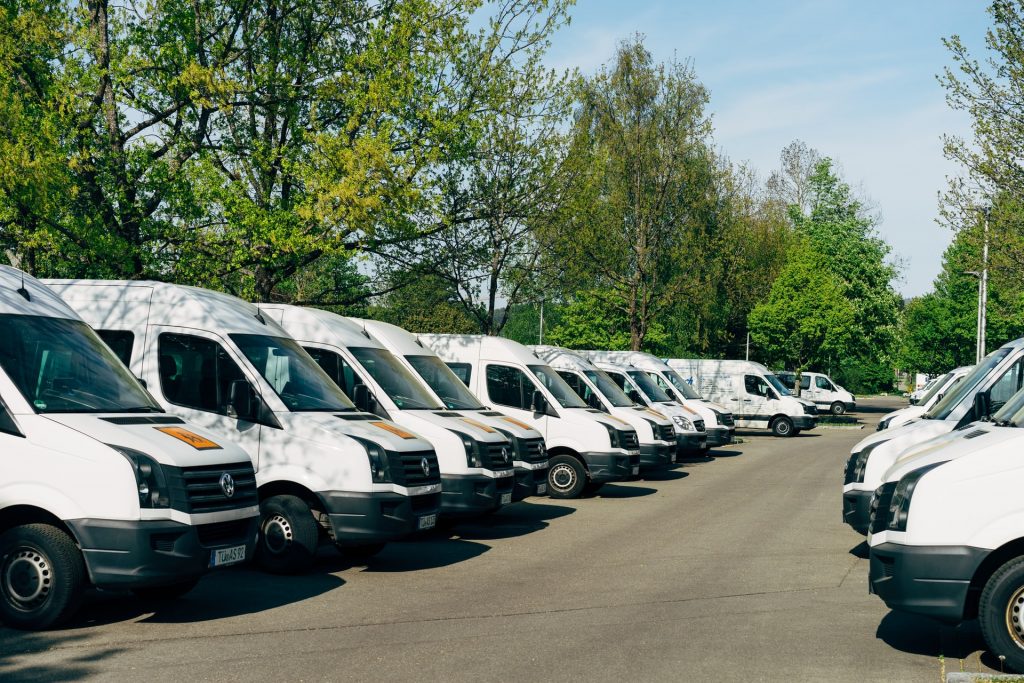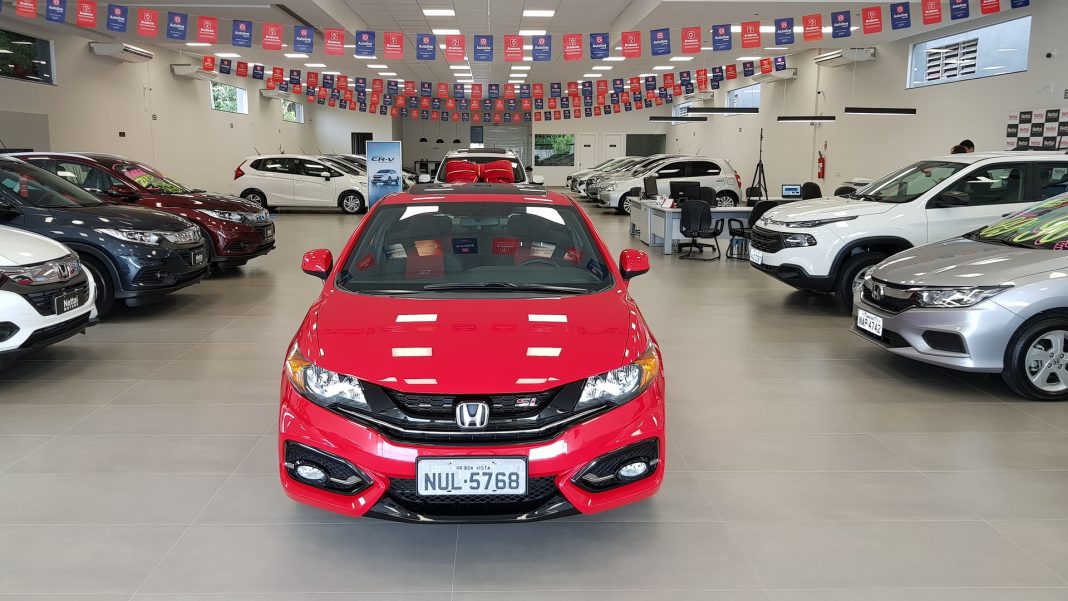In the business world, leasing a car – or even an entire fleet – is a practice that is becoming more and more common.
There are many reasons to do so, with convenience and liberating the cash flow being the main ones, but there is more to it than it might seem. Here is everything you should know before leasing a company car.
Consider the cars residual value
When you lease a car, you are essentially renting it from the leasing company. So in a way, it is similar to renting a room. But unlike a room, a car can lose a lot of its value during the years that you are using it.
The difference between the initial value of the car that you lease and the value that it will have once the lease is up is called the residual value. The higher the residual value, the lower your lease payments will be. That is why it makes financial sense to pick a car model that is initially more expensive if it will depreciate less during the years.
Another thing to consider is that many lease companies give you the option to purchase the car that you have been driving once the lease is up. This option is one more reason to pick a vehicle that will keep more of its initial value once the lease contract is over.
Check if there is a mileage limit

You know the saying – if something is too good to be true, it is probably false. However, when leasing a car for business, the expression could be a bit different – if a deal seems perfect, there is perhaps some catch.
More often than not, this catch comes in the form of a too low mileage limit.
When you lease a car, there will be a maximum of miles that you can drive per year without paying any penalties. The cheaper deals are mostly limited to ten thousand miles per year or even less. Most people need at least 12000 miles per year.
Check the fine print before signing anything. Or better yet, measure your average mileage for a few months before leasing a company car. If the lower mileage limit works for your needs, this can be a way to save a pretty penny.
See how much money you have to put upfront
When you are buying a car for your personal needs, you might want to seek out the option with a significant initial down payment, as that means that your monthly rates will be much lower. However, when you lease a car, the opposite is the truth.
Beware of leasing companies that offer you deals with meagre monthly payments, as those tend to come with an insanely high initial down payment.
You will want to avoid this type of deal as the main drawback of leasing a company car is improving your cash flow. However, if you spend a significant chunk of money just to drive the leased vehicle off the dealer’s lot, that defeats the primary purpose of leasing a car.
Learn about any additional fees

One of the main appeals of leasing a car is low monthly payments. But things are not as cut and dry as they might initially seem.
Do a little calculation. Multiply all the monthly payments by the number of months that your lease will last (usually between 24 and 60). Add taxes and fees. That is the actual amount that you will spend on the lease.
If you are okay with paying that much for a car that you won’t end up owning unless you choose to buy it once the lease is up, go for it.
Otherwise, see if you can bring the cost down a bit by avoiding some fees.
Most lease contracts have acquisition and disruption fees that you can negotiate, and in most cases, you can get rid of the security deposit with a bit of negotiation.
Even if you don’t manage to decrease your costs significantly, at least you will know what they are, and there will be no nasty surprises.
If you don’t get familiar with all the additional fees, they might pop up at the end of the lease as an unexpected charge.
Conclusion
Despite all the potentially scary things that you have just read, leasing a company car is the wise thing to do as long as you do it right.
Most leases have an extended warranty and come with insurance, so you won’t have to worry about standard repairs and minor accidents. There are also tax benefits to leasing a car for business since you can write off those costs as a business expense.
Also, since monthly payments are lower, getting the bank approval for a car lease is more manageable than outright buying a new car.
And once the lease is up, you won’t have to deal with the hassle of selling your car. Instead, you can simply pick a new vehicle and drive off the lot with a sparkling brand new car.
